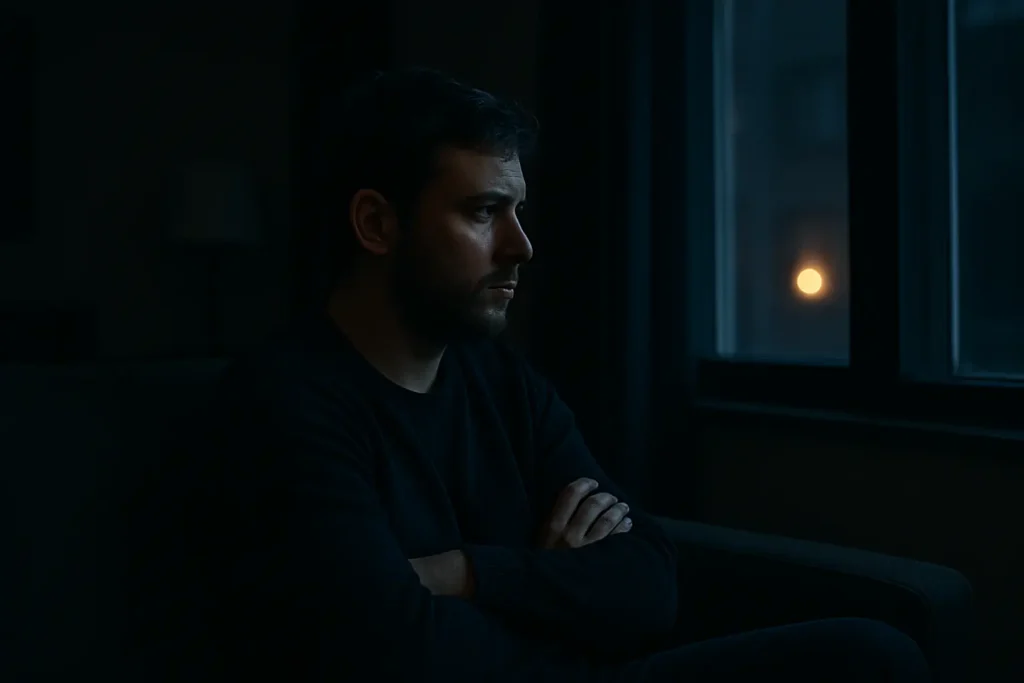
And What That Means for Men in Today’s Dating Landscape
He Gives Everything — And Still Feels Empty
You’ve probably seen him.
He’s the guy who does all the “right” things. He listens. He’s patient. He validates. He splits bills, picks up groceries, takes on emotional weight, and never complains.
But deep down, he’s exhausted.
Because what looks like a partnership on paper often feels like a performance in practice.
Modern relationships have evolved—but not necessarily in ways that benefit men. Behind the messaging of “equality” and “mutual support,” there’s a quiet imbalance that rarely gets acknowledged.
Let’s unpack it.
The Shift from Partnership to Performance
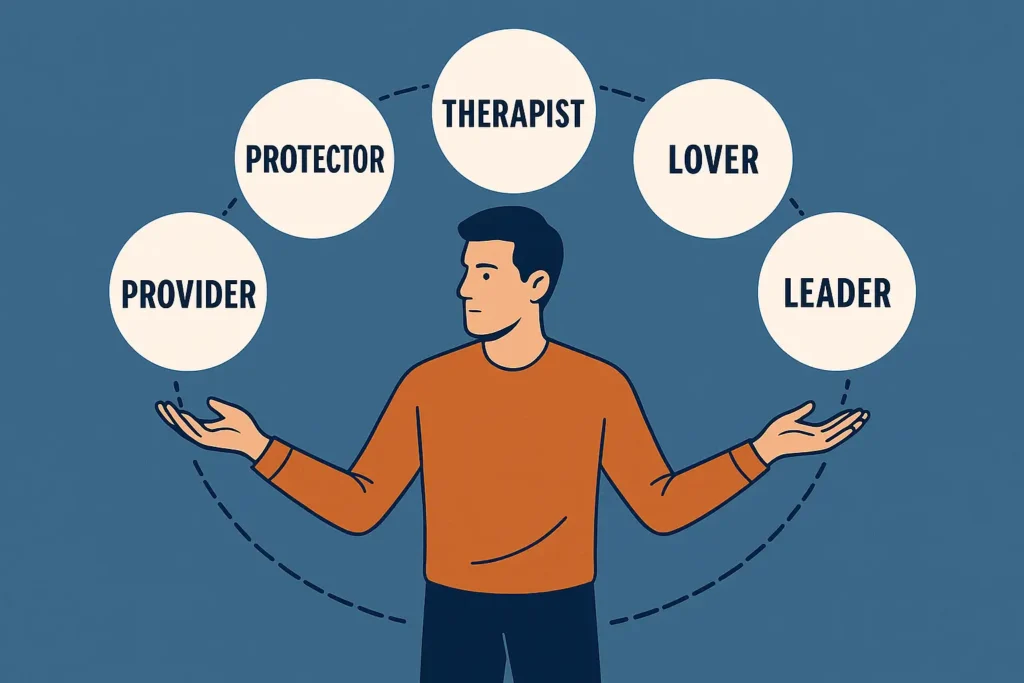
For men, the relationship rulebook has changed.
They’re told to be emotionally available but not emotionally needy.
Strong but not domineering.
Supportive, but not expectant of support in return.
Meanwhile, women are increasingly told to “never settle,” “raise their standards,” and expect “more” from their partners.
What used to be a two-way bond has slowly morphed into a lopsided dynamic where men are expected to constantly prove their worth—financially, emotionally, mentally, and socially.
A 2023 study from Humboldt University found that men are more emotionally dependent on relationships than women, yet they often receive less emotional support in return. This creates a cruel paradox: the very relationships men need most are the ones that leave them feeling unseen and unappreciated.
And when the relationship cracks?
He’s still expected to keep giving.
Who Actually Benefits from Modern Marriage?
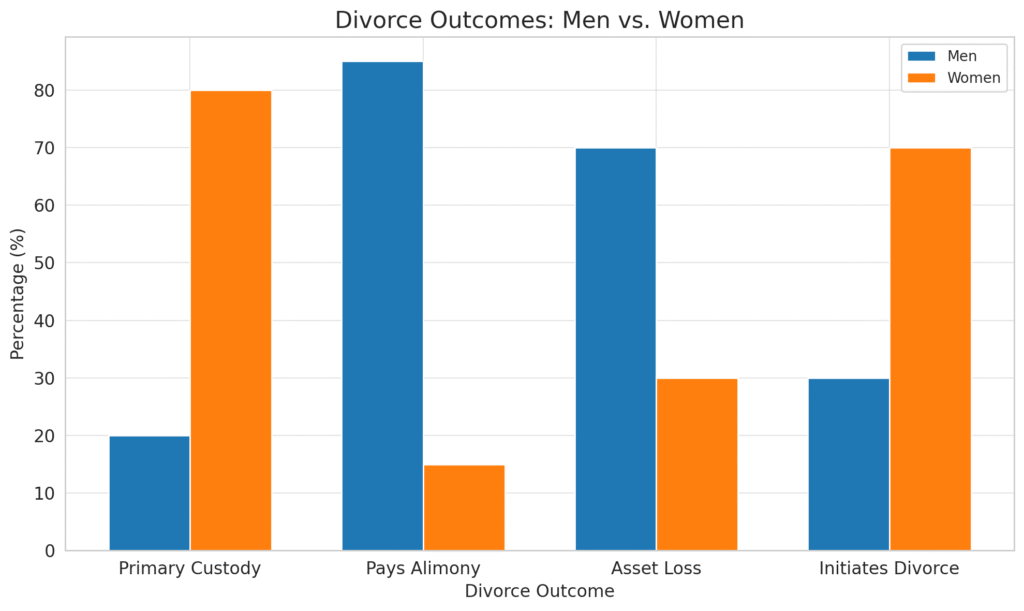
Here’s where the imbalance becomes more than emotional—it turns financial and legal.
Marriage, once seen as the foundation of stability, now feels like a high-risk contract for many men. And for good reason.
- Roughly 70% of divorces are initiated by women (according to the American Sociological Association).
- In most custody battles, mothers win primary custody over 80% of the time.
- Men are more likely to face alimony and asset loss, even if both parties worked and earned equally.
- Yet men are still expected to be the provider, protector, and leader within the marriage.
So when the relationship fails (as nearly 50% of marriages do), men don’t just lose their partner—they often lose access to their kids, their homes, and a massive portion of their finances.
The promise of mutual benefit in marriage has eroded. What remains is a system that asks more of men than it gives.
Emotional Labor and the Invisible Male Burden
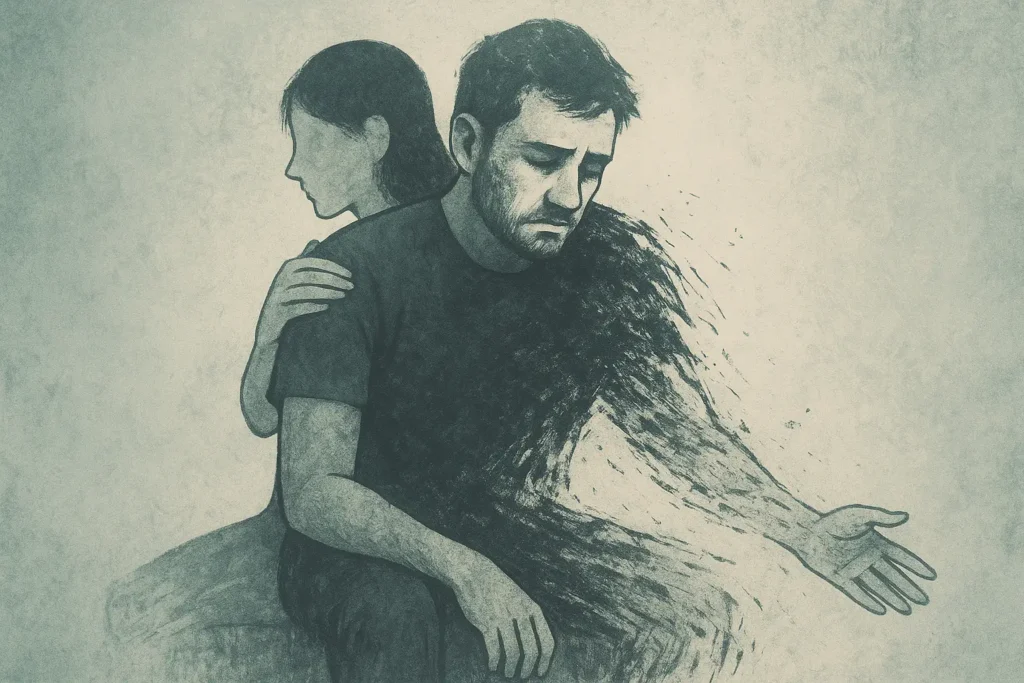
We hear a lot about emotional labor—and rightfully so.
But what’s often missed in the conversation is that men are also carrying emotional loads, just in different, less acknowledged ways.
They’re expected to:
- Hold space for their partner’s emotions
- Validate feelings without fixing them
- Stay calm under stress
- Avoid being “too emotional” themselves
- Suppress their needs if they might create conflict
A 2024 analysis from Psychology Today highlighted that men rely more heavily on their romantic partners for emotional support than women do. This makes emotional imbalance especially damaging for men—because many don’t have the social or familial networks that women do.
Male friendships often lack emotional depth. Men aren’t encouraged to open up to other men. So when the relationship is the only place he’s emotionally vulnerable—but it doesn’t give back—he’s left with nothing but silence.
That silence can become a scream.
Why More Men Are Opting Out of Relationships
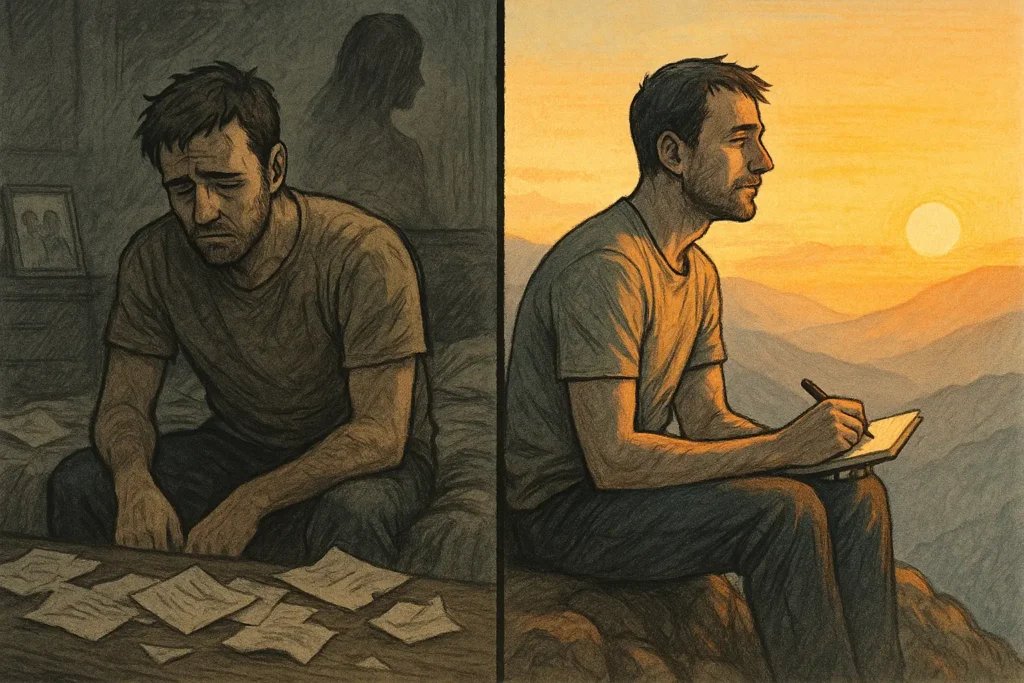
If you think all of this is just exaggerated whining, take a closer look at the numbers—and the cultural shift.
- Marriage rates have been declining for decades, especially among men under 35.
- Dating app studies show that more men are reporting burnout, frustration, and emotional fatigue in romantic pursuit.
- Online communities like MGTOW (Men Going Their Own Way) and male-focused wellness groups have exploded in popularity.
But this isn’t about bitterness.
It’s about clarity.
More men are realizing that relationships, as they currently exist, don’t offer them safety, appreciation, or return on investment. So they’re choosing peace. They’re choosing purpose. They’re choosing freedom over obligation.
Not because they hate women—but because they’re tired of performing love instead of living it.
Is There a Way Forward for Balanced Relationships?

Yes—but it won’t come from shaming men back into servitude.
What’s needed is mutual accountability and emotional reciprocity.
If relationships are going to work for both sexes, we need to normalize:
- Men having emotional needs
- Women giving emotional support, not just expecting it
- Clear relationship roles that are negotiated, not assumed
- Space for male rest, softness, and boundaries
Men must also begin building stronger brotherhoods, support systems, and self-worth outside of relationships—so they aren’t forced to put everything into one connection.
Women, too, must confront the cultural conditioning that says a man’s job is to endlessly “show up” while her job is to evaluate if he’s enough.
True partnership starts when both people understand that love isn’t earned—it’s exchanged.
Conclusion: Love Isn’t Supposed to Feel Like a Job Interview
The problem isn’t that men don’t want love.
It’s that they’re tired of performing for it.
They’re tired of giving everything and still feeling like it’s not enough.
They’re tired of being seen as human ATMs with a smile.
They’re tired of choosing love and ending up alone in the courtroom, the bedroom, or their own heads.
So if modern relationships only benefit women, the real question becomes:
What incentive do men have to keep showing up?
That’s the question we need to ask—not just in comment sections, but in culture.
Because when half the population starts quietly walking away from love…
maybe the system is broken.
What Do You Think?
Are modern relationships really one-sided?
Have you felt this imbalance yourself?
Share your story in the comments—or download my free PDF:
👉 The Masculine Comeback: A 7-Day Reset for Men Who Feel Lost (PDF)


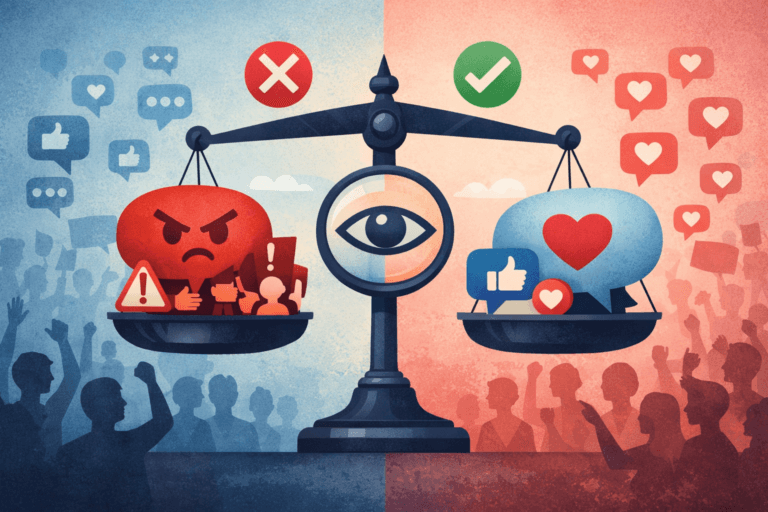
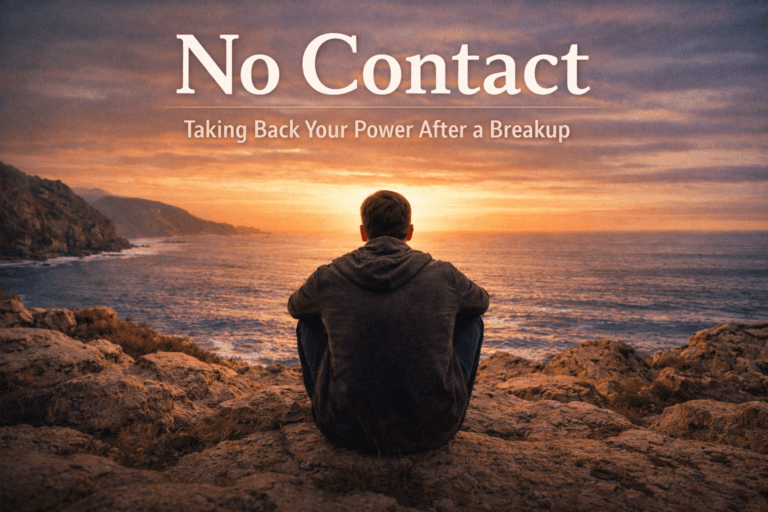
[…] here’s the problem—more and more relationships aren’t built on that spark anymore. They’re built on deals. Somewhere along the way, love […]